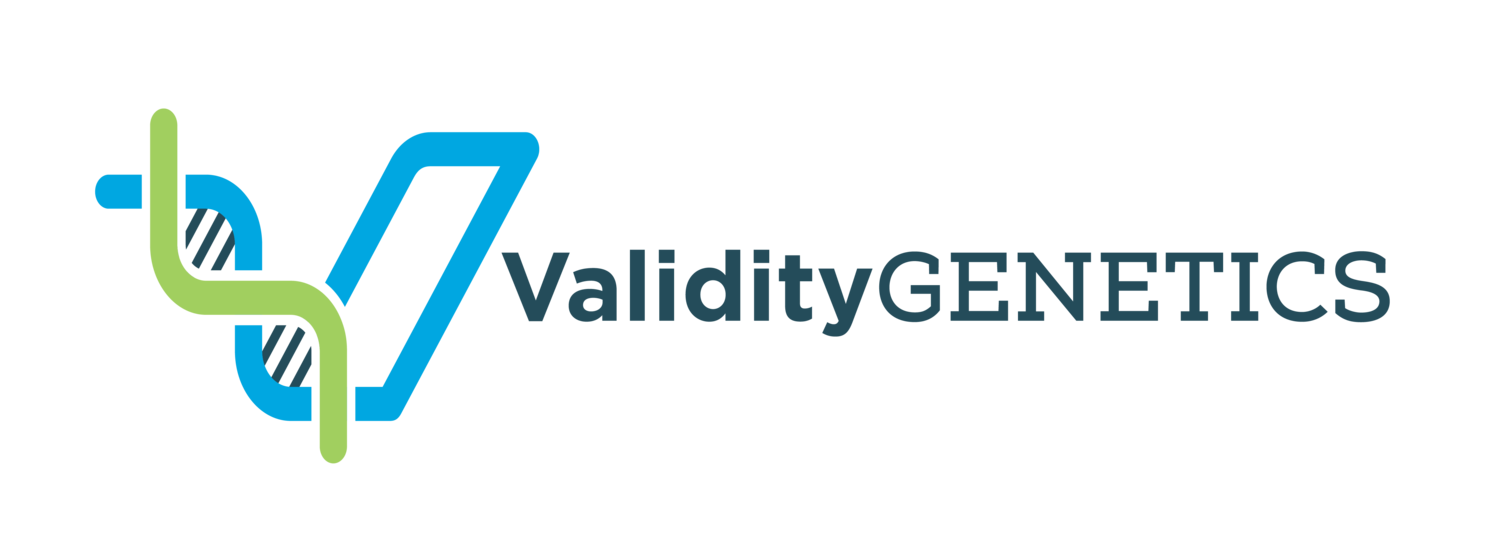DNA Testing Sample Collection for Relationship Testing
When it comes to relationship DNA testing, choosing the right sample is an important step in ensuring accurate and timely results. While DNA can be extracted from a variety of sources, buccal swabs (cheek swabs) are the most commonly used and recommended sample type. This guide explains why buccal swabs are the preferred method, what other sample types can be used, and how the collection process works.
Why Buccal Swabs Are the Standard for DNA Testing
Buccal swabs are the industry standard for DNA collection due to their reliability, affordability, and ease of use. This simple and non-invasive method involves rubbing a sterile cotton swab along the inside of the cheek to collect DNA-rich cells. Here’s why buccal swabs are the preferred choice:
High Success Rate: Buccal swabs provide a strong and stable DNA sample with a low chance of failure.
Quick Turnaround Time: Results are typically ready in 2-3 business days, making it one of the fastest methods available.
Cost-Effective: Compared to other sample types, buccal swabs are the least expensive option.
Non-Invasive and Easy to Collect: No needles, no discomfort—just a quick swab of the cheek.
Minimal Risk of Contamination: Properly collected buccal swabs are less likely to degrade or be contaminated than forensic samples.
Buccal swabs can be used for multiple types of relationship DNA testing, including:
Paternity DNA Tests – Confirms the biological relationship between an alleged father and child.
Maternity DNA Tests – Verifies the biological connection between a mother and child.
Sibling DNA Tests – Determines whether individuals share one or both biological parents.
Grandparent DNA Tests – Establishes a biological link between a grandparent and grandchild.
Aunt and Uncle (Avuncular) DNA Tests – Confirms whether a person is biologically related to a niece or nephew.
Twin Zygosity DNA Tests – Identifies whether twins are identical or fraternal.
How Buccal Swabs Are Collected
For most relationship DNA tests, a collection kit is shipped to the client, containing sterile swabs, collection envelopes, and detailed instructions. However, if immediate collection is needed, instructions can be sent electronically, allowing clients to create their own collection kit using household materials, such as clean cotton swabs and paper envelopes. Regardless of the method, proper collection is essential to ensure the best possible DNA extraction.
Alternative Sample Options: Forensic DNA Testing
While buccal swabs are the most reliable and efficient sample type, DNA can also be extracted from other sources. These forensic DNA samples can be useful in situations where a buccal swab is not available, but they come with higher costs, longer processing times, and a greater risk of an incomplete DNA profile. Forensic samples generally take 5-7 business days to process and may not always yield usable results.
Here are some alternative DNA sample options:
Bloodstains – Collected from fabric, bandages, or medical samples.
Hair with Root – Hair strands containing the follicle can be used for DNA extraction.
Clothing or Fabric – Items with possible biological traces, such as sweat or saliva.
Toothbrushes – Often contain trace amounts of DNA from saliva.
Nail Clippings – May provide a viable DNA sample if collected properly.
Types of Alternate Forensic DNA Samples
Forensic DNA samples can also be used for all types of relationship DNA testing, including:
Paternity and Maternity Tests – When a direct buccal swab is not possible.
Sibling and Half-Sibling Tests – Alternative sample options for verifying biological relationships.
Grandparent and Avuncular Tests – Used when parents are unavailable for testing.
Y-STR and mtDNA Tests – Specialized tests to confirm paternal or maternal lineage.
Each forensic sample type has its own considerations, and success depends on factors like sample quality, preservation, and environmental exposure.
Please reach out if you plan to use bone, teeth, or fecal matter for testing as these items may incur additional costs to complete.
Choosing the Best DNA Sample for Accurate Results
Selecting the right DNA sample type is crucial for accurate and timely paternity testing and other DNA relationship tests. Buccal swabs remain the best option, offering a high success rate, fast processing, and ease of use. While forensic samples can be used in special cases, they come with added complexity and potential challenges. Understanding the differences between these DNA testing sample types can help ensure a smooth and efficient testing process, ultimately leading to more reliable results.






